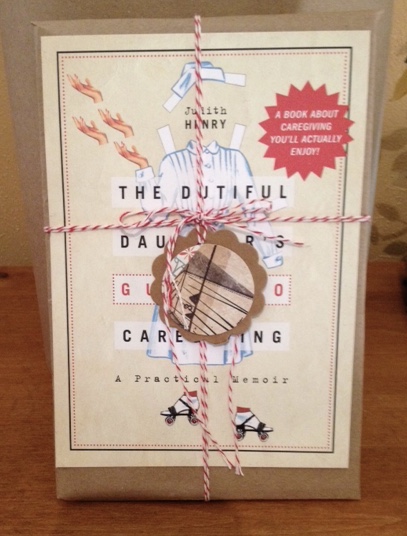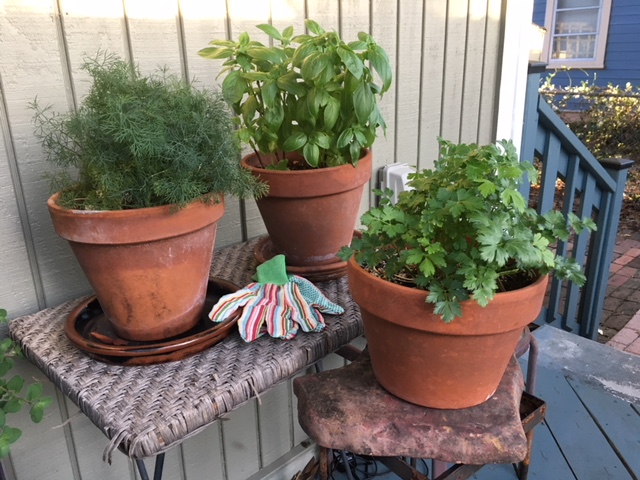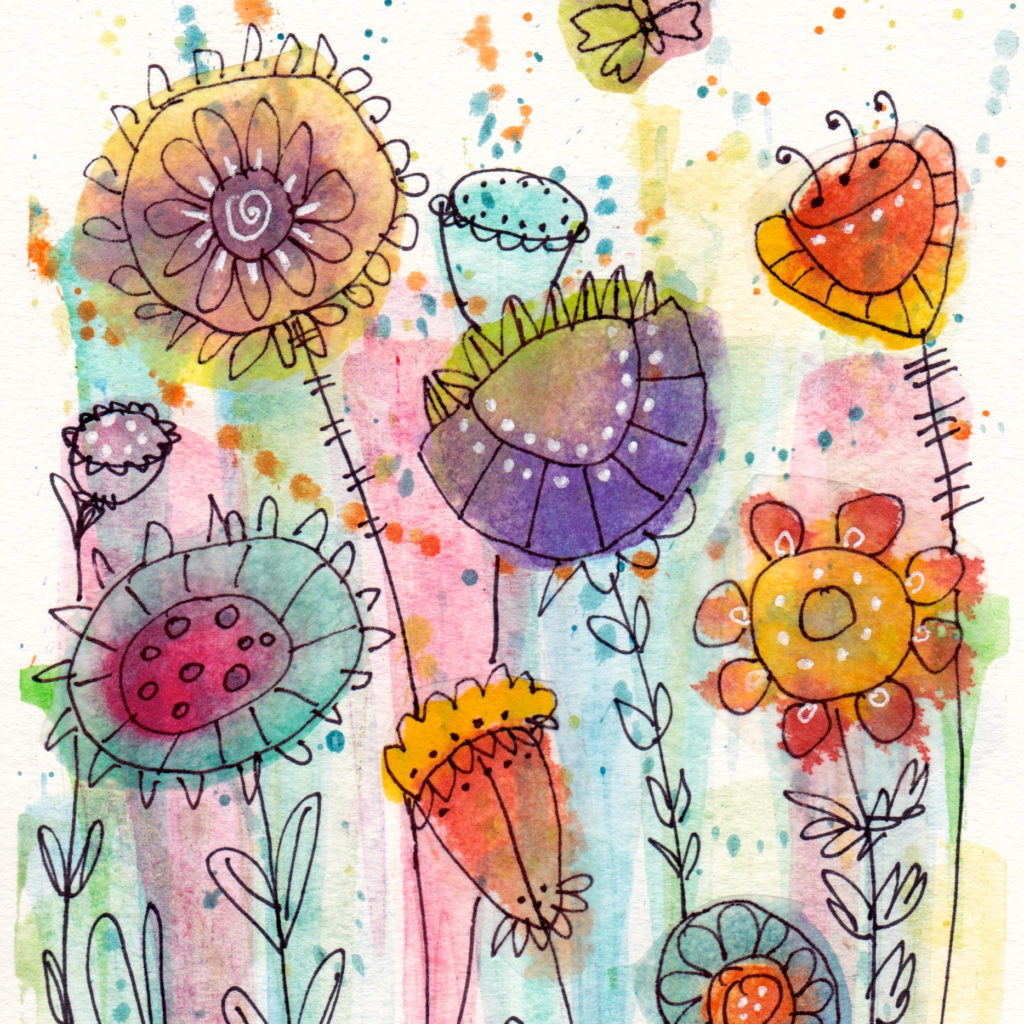
As the Mary Chapin-Carpenter song goes, “Sometimes you’re the windshield. Sometimes you’re the bug.” While there’s simply no way to steer clear of the many challenges this caregiving journey brings, we can learn so much from them. Here are just a few things I discovered along the way.
In addition to constantly multi-tasking, you’re also dealing with a multitude of conflicting emotions. Caregiving is damn hard work, and if you don’t explode once in awhile, someone needs to take your pulse. Give yourself permission to feel what you feel, without judgement. Sit down with a cup of hot tea or a glass of wine, grab a journal, and write it out. Venting on paper offers an opportunity to safely process all that we’re going through, and the realizations that are often unearthed can be very powerful.
When the planets align and things go according to plan, that’s usually due to one person who’s willing to go the extra mile (in addition to you, of course). Maybe it’s the doctor’s receptionist who slides your dad in for an appointment on a day you can be there; or the nurse’s aide at your mom’s rehab facility who always treats her with such respect. To acknowledge such kindness, I maintain a stash of thank you cards and inexpensive gifts like pretty notepads, hand-made soaps from a local artisan, $5 gift cards from Starbucks. Small gestures like this can can have a big impact, because they’re so unexpected. The caveat is that you have to do it for yourself, as well. For me, a small reward was heading to a favorite thrift store for a $3 treasure, or 15 minutes of quiet with a good cup of coffee from my favorite cafe.
Reach out to a support group, either close to home or online. You may think you don’t need this, but the reality is that caregiving takes a village. Isolation is a very real concern that can affect your mental and physical health. These communities are a way to make friends, receive support and encouragement, and gather helpful strategies from people who are living the tough stuff every day. Many focus on special needs like caring for a loved one with dementia (check out Brenda Avadian’s site, The Caregiver’s Voice), or working daughters caring for aging parents (Liz O’Donnell of WorkingDaughter.com has a site that offers great advice and support, and a FaceBook group that offers the same.)
Accept help early on, while people are most likely to offer, even if you think everything’s under control. The reality is that the longer you go on doing it all yourself, the less people tend to believe you need assistance. Be specific. Maybe it’s asking someone to bring a meal; or having a friend sit with the family member you’re caring for, so you can take a break for a few hours. Make a list that includes daily, weekly or monthly chores that others can perform, and when someone says, “Let me know if there’s anything I can do” be ready with, “Well, actually there is. How about……” Believe me, this points out who you can count on pretty quick.
Maintaining a sense of humor while caregiving isn’t a luxury. It’s a necessity. Laughter, even the dark kind, allows your body to relax during stressful times. But, did you know it can also keep you from being crushed by emotion? It saved me countless times, especially the last day I spent with my father at the hospital, simply holding his hand. When the nurse asked if I wanted someone from the clergy to visit, I asked for a rabbi. As he entered the room, I couldn’t help thinking that he didn’t look like a member of my tribe. Reading my mind, this lovely man said, with an apologetic smile, “I’m not Jewish, but will an Episcopalian do?” In that instant, I laughed. Not a nervous titter, but a loud, life-affirming sound that provided me with what I needed most – release and relief.
I once read that, “If only” is the saddest phrase in the English language. Don’t become a prisoner of regret after a parent is gone. Be generous now with some simple, yet powerful phrases. “I love you.” Thank you. I forgive you. Please forgive me.” You would be amazed at their ability to bring about positive change in a relationship. A great book on this subject is Ira Byock’s, The Four Things That Matter Most.”
What I continue to realize is that we are all in this together, and sharing our experiences is how we begin to change things for the better. Why not take a minute and offer up some of your own hard-earned wisdom?






